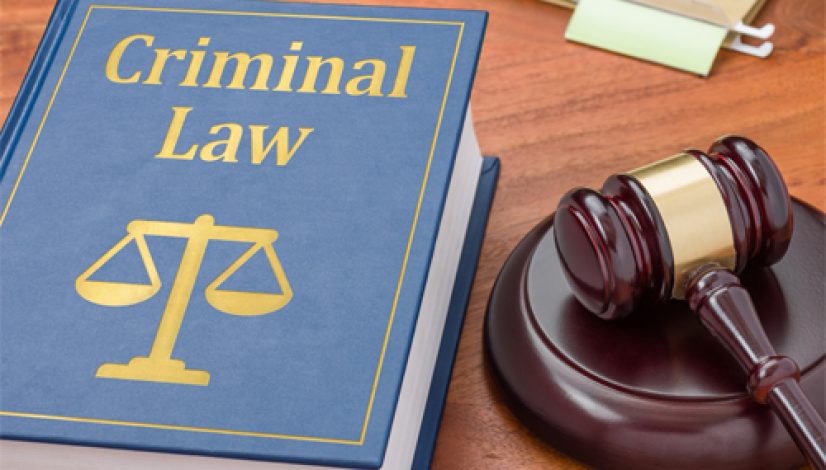Can a Criminal Conviction Be Expunged or Sealed?
If you have a criminal record, you may be wondering if there’s a way to clear it or keep it out of public view. The good news is that, depending on the circumstances and the laws in your state, a criminal conviction may be eligible for expungement or sealing. These legal processes can offer a second chance by limiting access to your criminal history.
In this article, we’ll explain the difference between expungement and sealing, what types of convictions may qualify, and how the process works.
What’s the Difference Between Expungement and Sealing?
Although both options are designed to help people move on from a criminal past, expungement and sealing are not the same.
Expungement
- Deletes or erases the record as if it never happened.
- In most cases, you are legally allowed to say the incident did not occur.
- Employers, landlords, and others will not see the offense during a background check.
Sealing
- The record still exists but is hidden from public view.
- Law enforcement and certain government agencies may still have access.
- The general public, including most employers and landlords, cannot see the record.
The availability of either option varies depending on the laws of your state and the nature of the conviction.
Are All Convictions Eligible for Expungement or Sealing?
Not all convictions can be expunged or sealed. Whether your conviction qualifies depends on several factors:
Eligible offenses may include:
- Certain misdemeanors
- First-time, non-violent offenses
- Juvenile offenses
- Arrests that did not lead to a conviction
- Convictions for offenses that have since been decriminalized
Ineligible offenses often include:
- Violent crimes
- Sexual offenses
- Crimes involving serious bodily harm
- Certain felonies, depending on the jurisdiction
Some states allow expungement or sealing of low-level felonies, especially if they occurred years ago and you have maintained a clean record since.
How Long Do You Have to Wait?
Many jurisdictions require a waiting period before you can apply for expungement or sealing. This period varies by state and by offense but typically ranges from 1 to 10 years after:
- The date of conviction
- Completion of your sentence or probation
- Payment of all fines, restitution, and court costs
How Does the Process Work?
While the exact procedure varies by state, the general process usually involves the following steps:
- Check eligibility based on your state’s laws.
- Gather records such as your criminal history, court documents, and proof of rehabilitation.
- File a petition in the court where the case was handled.
- Notify the prosecutor and possibly attend a hearing.
- Wait for the court’s decision.
An attorney can help ensure the process is done correctly and increase your chances of approval.
What Are the Benefits of Expungement or Sealing?
Clearing or sealing a criminal record can make a major difference in your life, including:
- Improved employment opportunities
- Easier access to housing
- Restored rights and public reputation
- Peace of mind and a clean slate
It can also prevent your record from showing up on routine background checks conducted by employers, landlords, or schools.
When Should You Talk to a Lawyer?
If you’re unsure about your eligibility or how to start the process, it’s wise to speak with a criminal defense attorney. Legal help is especially important if:
- You have multiple offenses
- Your case involves complex legal issues
- You were denied a previous request for expungement or sealing
Final Thoughts
Having a criminal conviction on your record can hold you back—but in many cases, there are legal options to reduce its impact. Whether through expungement or sealing, you may be able to reclaim your future and leave the past behind.
Need legal help? In California, navigating legal challenges, whether they involve personal injury, workers’ compensation, criminal defense or civil litigation, can be overwhelming. Khoury Law Group is here to provide the critical legal support you need. As a leading advocate for individuals facing legal battles, our experienced attorneys understand the complexities of the legal system and are committed to fighting for your best interests. With personalized legal strategies and compassionate support, we are dedicated to achieving the justice and compensation you deserve.
CONTACT US FOR HELP. Call us at (888) 354-6879 or fill out the form on our Contact page.





